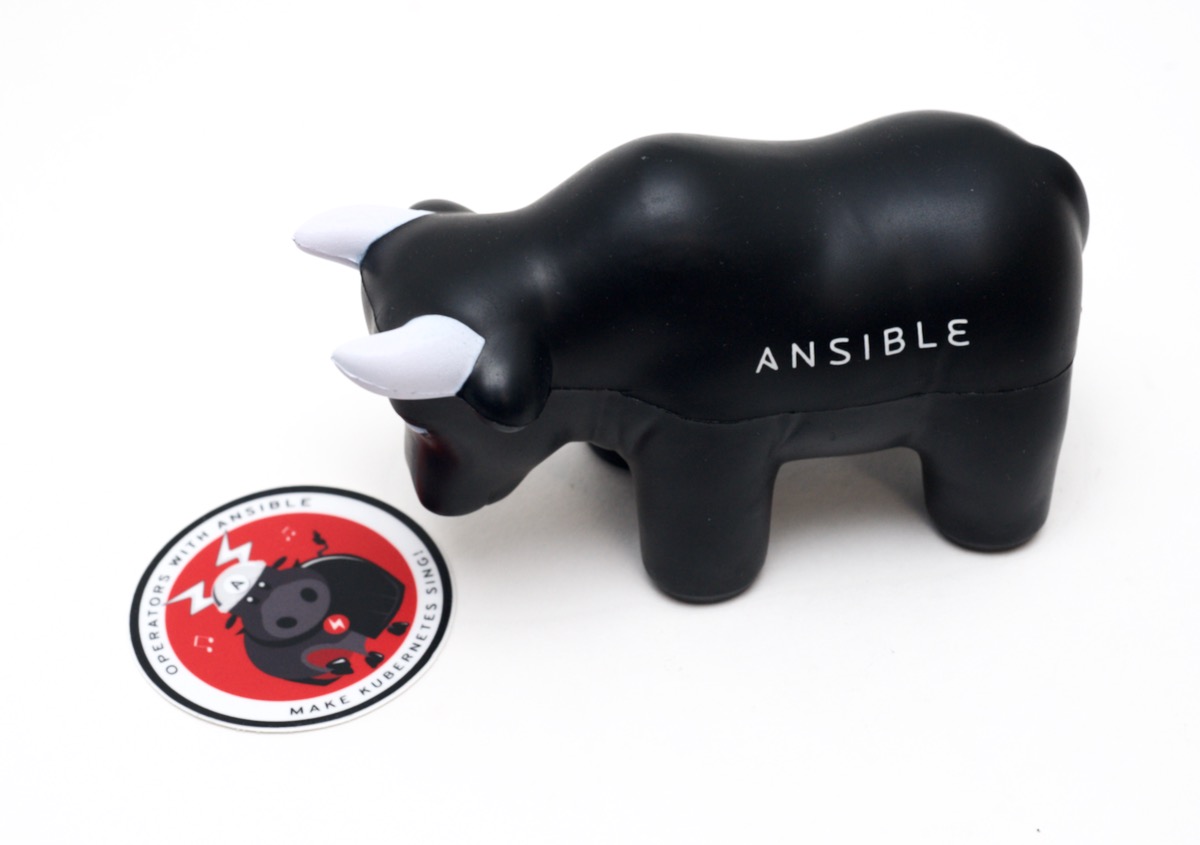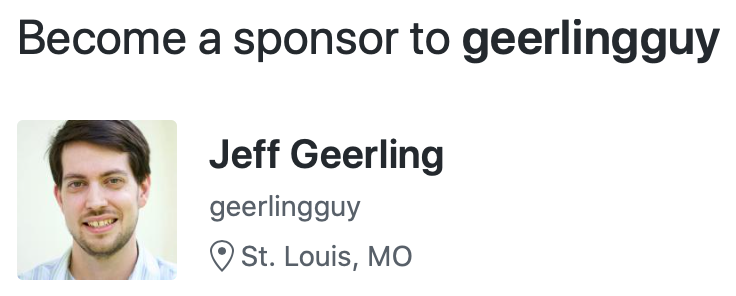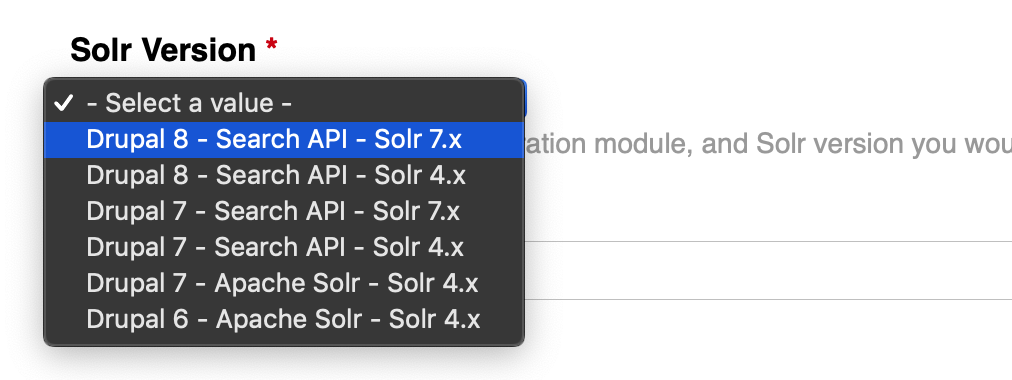Collections signal major shift in Ansible ecosystem
Every successful software project I've worked on reaches a point where architectural changes need to be made to ensure the project's continued success. I've been involved in the Drupal community for over a decade, and have written about the successes and failures resulting from a major rearchitecture in version 8. Apple's Macintosh OS had two major failed rewrites which were ultimately scrapped as Apple moved on to Mac OS X.
It's a common theme, and because change is hard, the first response to a major shift in a software project is often negative. Distrust over the project's stewards, or anger about a voice not being heard are two common themes. Even though it has nothing to do with the change (which was being discussed 3 years ago), the acquisition of Red Hat by IBM last year didn't do anything to assuage conspiracy theorists!



